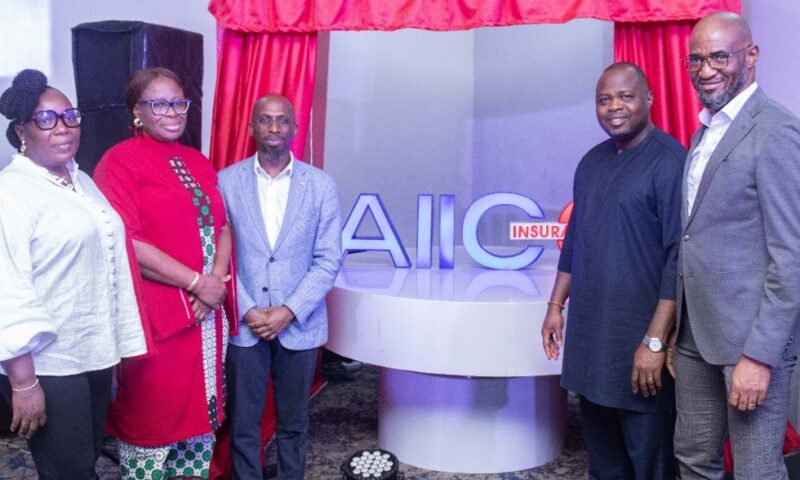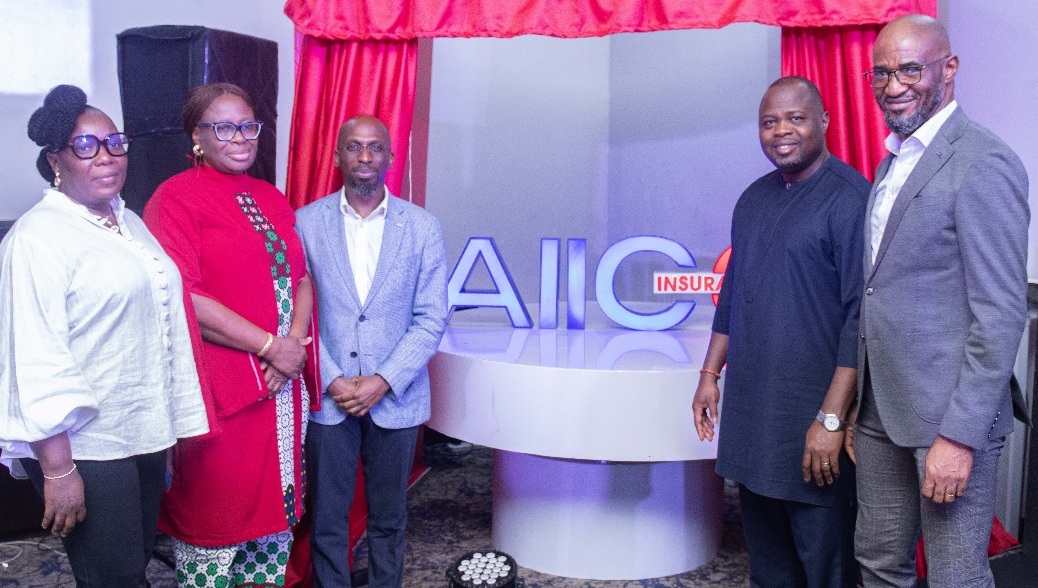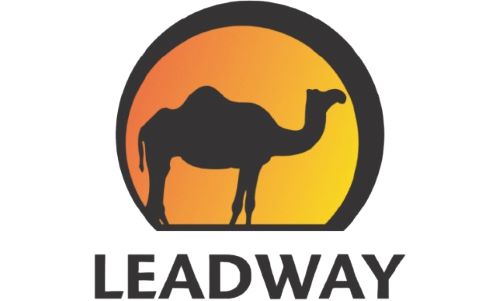
…Trains Recovery Agents On Recovering Pension Liabilities From Employers
The Director General of the National Pension Commission (PenCom), Ms. Omolola Oloworaran, has announced that PenCom has ushered in a new era of zero tolerance for pension defaults with accredited Recovery Agents serving as the cornerstone of Nigeria’s social contract with its workers.
Ms. Oloworaran represented by the Commissioner Inspectorate of the Commission, Hon. Samuel Chigozie Uwandu stated this during an intensive Training Workshop for accredited Recovery Agents held in Lagos on 2 December 2025. The training marked a renewed nationwide compliance push to recover outstanding pension contributions and penalties from employers who persistently violate the Pension Reform Act (PRA) 2014, which mandates remittance of pension contributions within seven working days of salary payment.
The workshop, attended by enforcement officers, resource persons and pension industry stakeholders, outlined new strategic initiatives that will strengthen enforcement efforts, deepen inter-agency collaboration, and empower recovery agents to tackle non-remittance of pension contributions with greater precision and authority.
Speaking further at the workshop, the Director General reaffirmed PenCom’s commitment to enforcing strict compliance across the pension industry.
PenCom currently engages Recovery Agents to audit defaulting employers, calculate outstanding pension liabilities, issue demand notices, and facilitate recovery of unremitted pension contributions. Recovery Agents’ work has been instrumental in enforcing compliance since the start of the recovery exercise in 2012.
PenCom data shows that the Commission has cumulatively recovered ₦32.27 billion, comprising ₦15.87 billion in principal contributions and ₦16.40 billion in penalties from defaulting employers between June 2012 and September 2025.
In addition, PenCom recorded significant compliance gains in the third quarter of 2025 alone, recovering ₦2.06 billion (₦775 million principal and ₦1.27 billion penalties) from 49 defaulting employers, reflecting a sustained surge in enforcement activities.
Ms. Oloworaran told the workshop participants that despite the successes of the Contributory Pension Scheme (CPS), persistent defaults by employers threaten the fundamental purpose of the system.
“Every unremitted Naira represents a broken promise to a Nigerian worker,” she said. “This Commission has moved from promoting voluntary compliance to mandating enforced compliance. The era of impunity is over.”
She recalled that the appointment of Recovery Agents followed a competitive, transparent selection process, reflecting PenCom’s confidence in their capacity, professionalism, and integrity. She reminded participants that they are the “operational arm of PenCom’s enforcement will” and are critical to PenCom’s strategy to safeguard workers’ retirement savings.
The Director General outlined several bold initiatives forming PenCom’s expanded enforcement architecture, including forming stronger partnerships with key regulatory bodies such as the Corporate Affairs Commission (CAC), Federal Inland Revenue Service (FIRS) and other relevant agencies. Under these partnerships, employers’ compliance with the PRA 2014 will influence their standing with these bodies. The DG noted that defaulting employers will face consequences beyond PenCom, as non-compliance may affect business operations, access to government services, and regulatory privileges.
PenCom DG also brought to the attention of the participants the newly executed Memorandum of Understanding (MoU) with the Independent Corrupt Practices and Other Related Offences Commission (ICPC), which empowers ICPC to hold the management of recalcitrant employers personally accountable, making pension defaults a matter with potential criminal implications.
“This MoU is a decisive step to give teeth to our recovery efforts,” the DG stated. “No employer should imagine that withholding workers’ pensions is without consequences.”
The training modules delivered at the workshop were designed to deepen RAs’ skills in employer audit and compliance assessment; liability computation and negotiation; documentation and evidence management; engagement protocols under PenCom’s new enforcement architecture and use of enhanced digital compliance tools and reporting systems.
Participants were also briefed on PenCom’s internal reforms aimed at ensuring faster processing of reports, better coordination between departments, and stronger monitoring of ongoing recovery activities.
The DG concluded her remarks with a powerful charge to the Recovery Agents:
“You are the ambassadors of this new resolve, an Act with unwavering ethical standards, exercise professional care, and be relentless in securing what is rightfully due to the Nigerian worker.”
She said that PenCom stands fully behind the agents and will provide all necessary institutional support to ensure that every kobo owed to Nigerian workers is recovered.
The workshop ended with a renewed sense of mission as PenCom and its accredited Recovery Agents prepare to intensify nationwide compliance activities throughout 2026 and beyond.
 Leadway Assurance Company Limited has officially commenced a comprehensive verification exercise for all African Alliance annuitants, following the successful takeover of the African Alliance annuity portfolio.
Leadway Assurance Company Limited has officially commenced a comprehensive verification exercise for all African Alliance annuitants, following the successful takeover of the African Alliance annuity portfolio. www.leadway.com/our-location
www.leadway.com/our-location


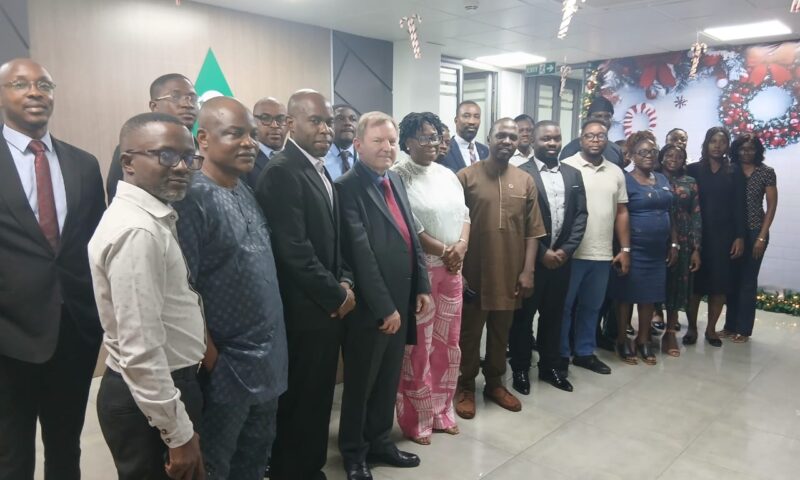
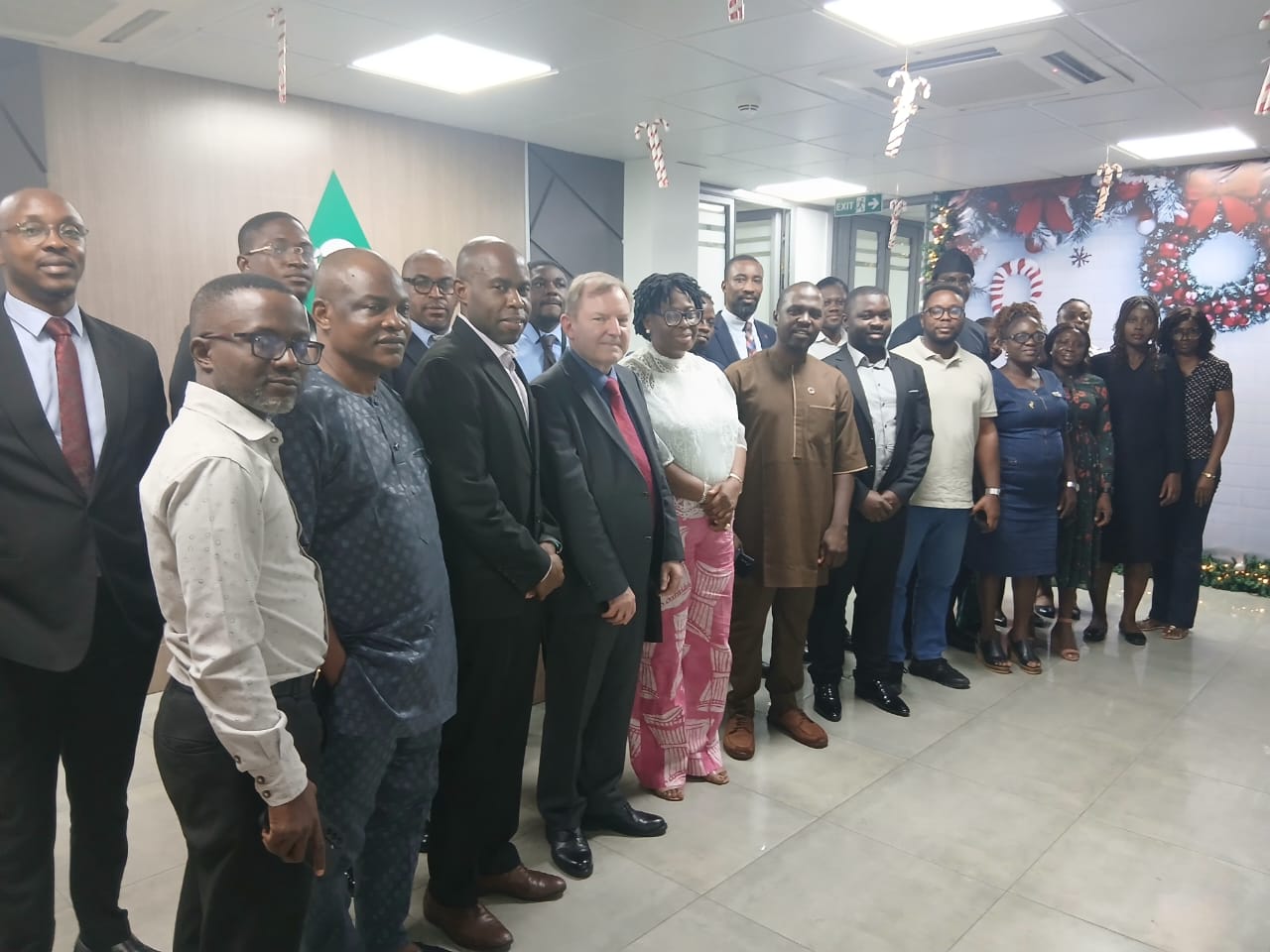
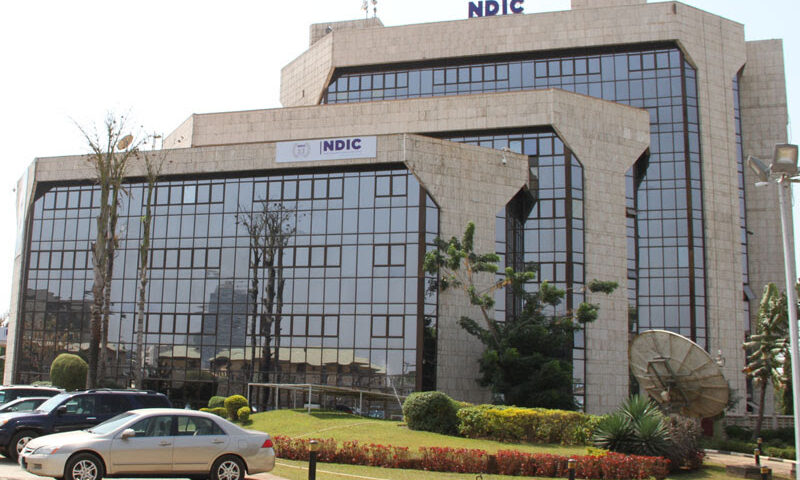
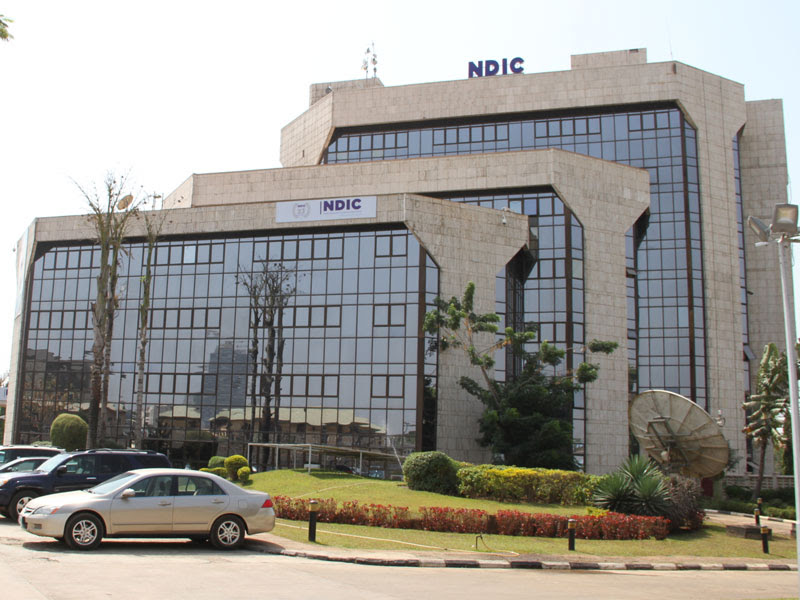 Following the revocation of the licenses of Aso Savings and Loans Plc and Union Homes Savings and Loans Plc by the Central Bank of Nigeria (CBN), Nigeria Deposit Insurance Corporation (NDIC) has commenced liquidation of the two financial institutions.
Following the revocation of the licenses of Aso Savings and Loans Plc and Union Homes Savings and Loans Plc by the Central Bank of Nigeria (CBN), Nigeria Deposit Insurance Corporation (NDIC) has commenced liquidation of the two financial institutions.

